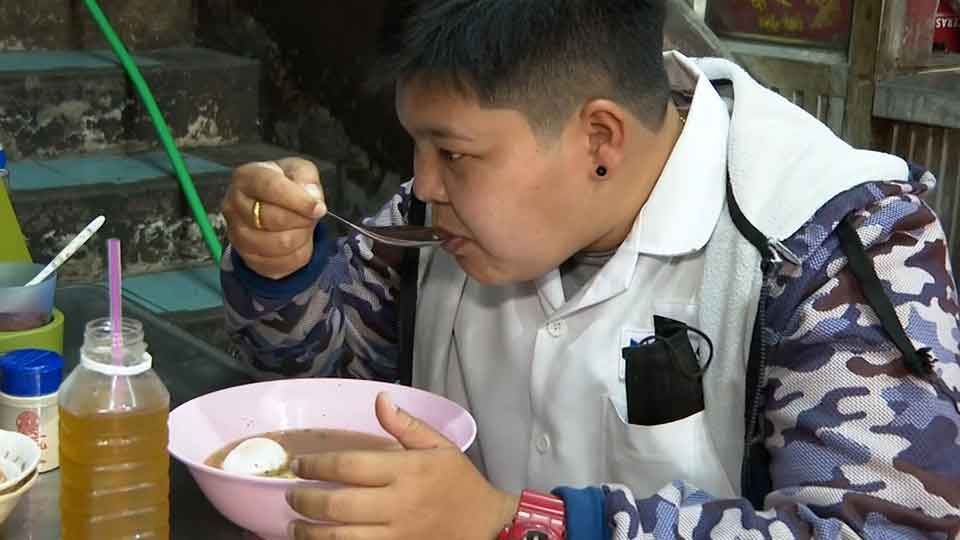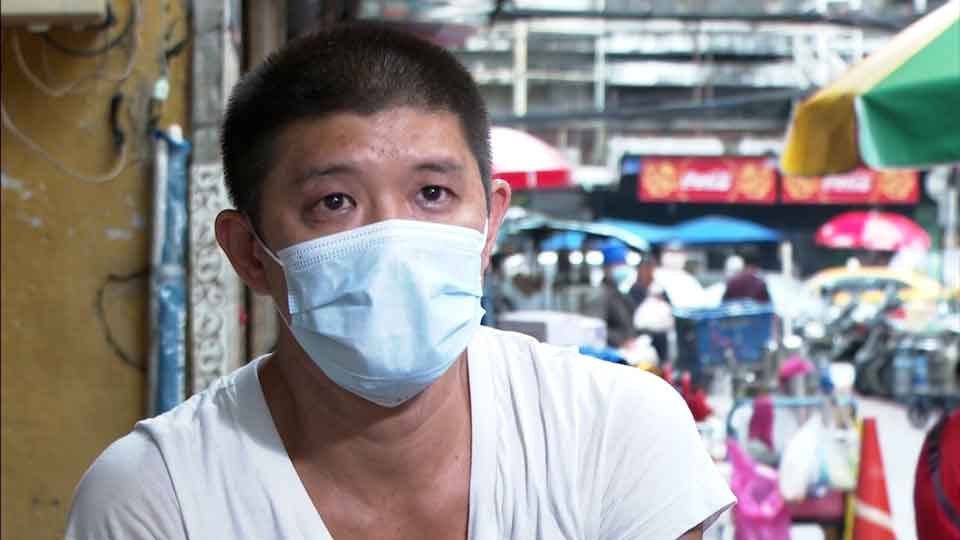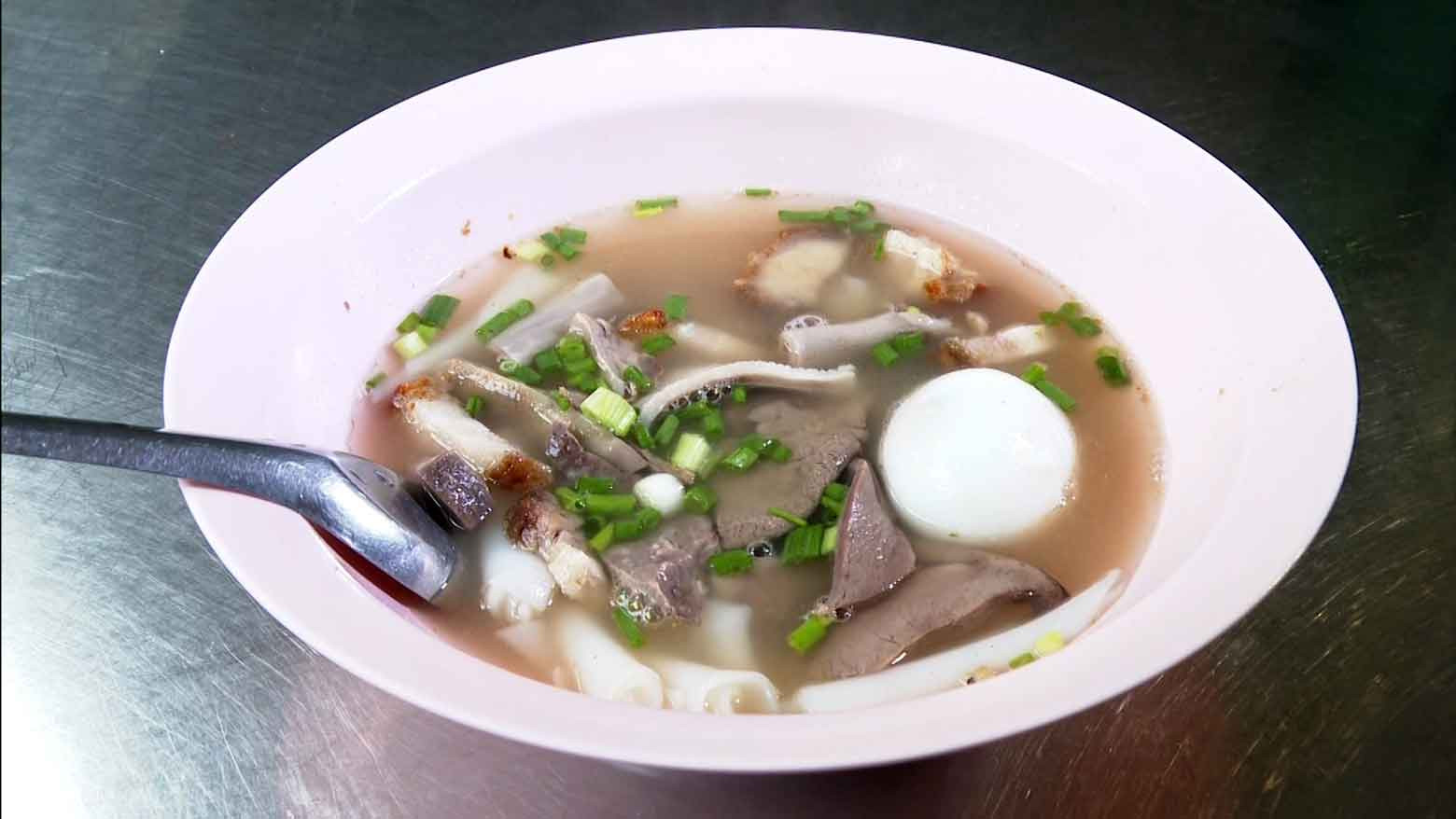Best noodles in Chinatown
Guay Jub, Chinese-style rolled noodles and crispy pork served in pepper soup, is one of Bangkok’s most popular street dishes. It can be found all over the city, but residents know there’s only one place to go for the really good stuff—Auan Pochana, a stall located in the heart of Chinatown.

Chanchai “Auan” Tangsapmanee opened the stall over forty years ago. The distinctive taste of his noodles quickly earned him a reputation in Chinatown. And over time, the stall rose to international prominence, winning five Michelin Bib Gourmand awards.
But Auan Pochana, along with the rest of Chinatown, was forced to close its doors in June amid Thailand’s third wave of coronavirus infections. The usually buzzing neighborhood fell silent, and many stalls were forced to shutter permanently. Auan Pochana managed to survive by offering a takeout service, but in July, it suffered a far greater loss than any decline in business when Chanchai died from the virus.
“I couldn’t afford to stay sad.”
Chanchai’s son, Adulwitch, spent years working with his father at the stall. He says he’s been so busy keeping the business afloat that he hasn’t had a chance to properly grieve the loss.
“Covid takes away our loved ones without giving us a chance to say goodbye,” says Adulwitch. “But I couldn't afford to stay sad. I had to reopen the restaurant for my family and employees.”

Adulwitch sees it as his duty to take on his father’s mantle. Some customers have questioned whether the taste of the Guay Jub will remain the same, but Adulwitch says he picked up on all the secrets while watching his father behind the pans.
“Our soup uses plenty of pepper,” he says. “My father is gone, but the taste is still the same as what we used to make together.”
The Thai government lifted restrictions on dining out in late October. Customers have gradually returned to Auan Pochana, and Adulwitch says the Guay Jub is proving as popular as ever. He says he thinks his work would make his father proud, and he hopes it can also help bring back some cheer to Chinatown.

